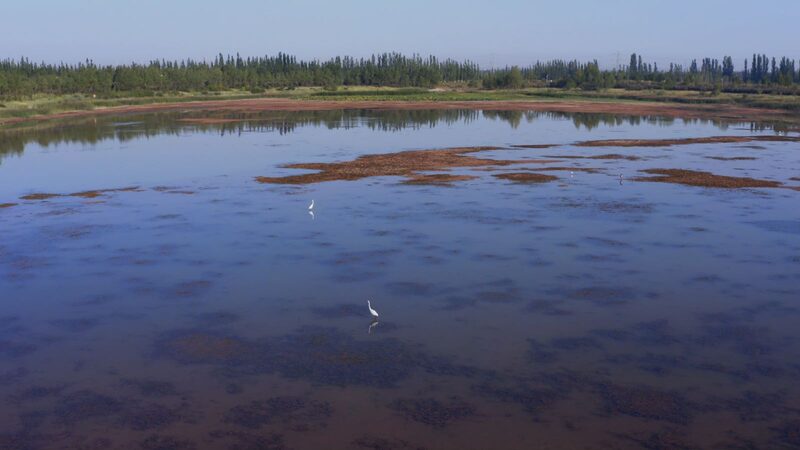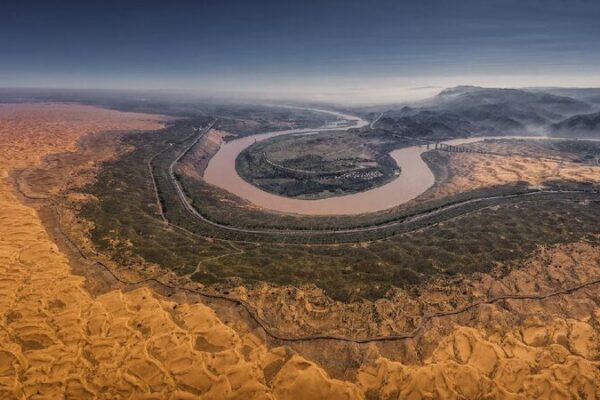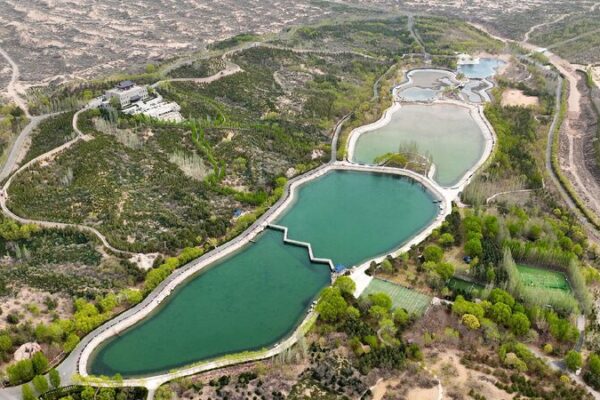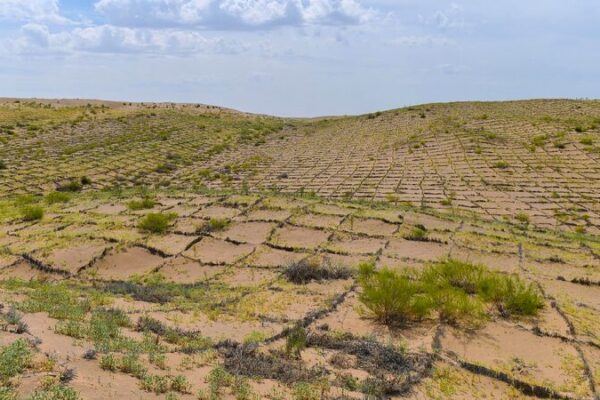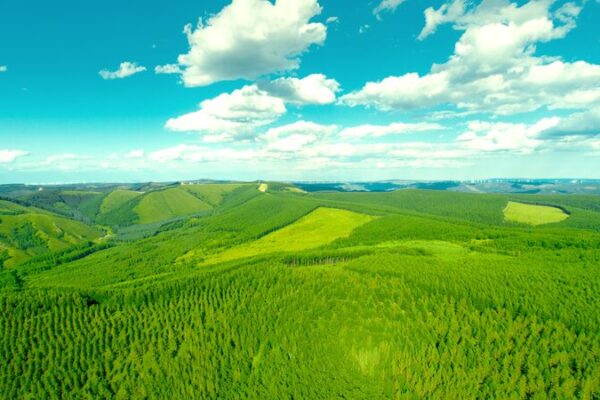Once a barren landscape dominated by sandstorms and desertification, Haba Lake National Nature Reserve in China’s Ningxia Hui Autonomous Region has undergone a remarkable transformation. Today, the vibrant and lush scenery of Haba Lake makes it hard to imagine its arid past.
Located in Yanchi County, Haba Lake was part of a region where 80 percent of the land was desertified. Decades ago, sandstorms plagued the area, contributing to poverty and challenging living conditions for local residents.
To combat this, the county initiated a series of ecological restoration efforts. Recognizing the impact of traditional practices on the environment, they halted the breeding of Tan sheep, a local industry that contributed to overgrazing and land degradation. This bold move allowed the vegetation to recover and the ecosystem to heal.
Afforestation and land greening became priorities for local authorities. Massive tree-planting campaigns and the introduction of sustainable land management practices helped to stabilize the soil and restore biodiversity.
Today, Haba Lake National Nature Reserve stands as a testament to the power of environmental stewardship. The once barren land has become a wildlife paradise, supporting a diverse range of flora and fauna. The success of Haba Lake’s transformation offers hope and inspiration for other regions facing similar challenges.
Reference(s):
cgtn.com
